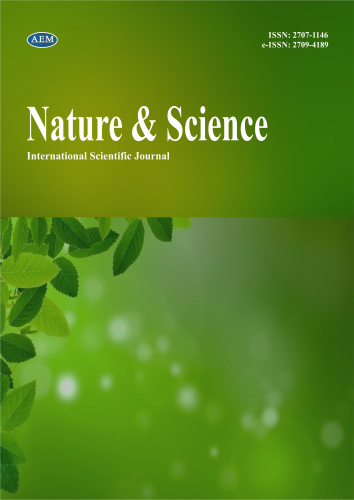DOI: https://doi.org/10.36719/2707-1146/55/82-88
Fidan Gudratova
Institute of Biophysics
Ministry of Science and Education of the Republic of Azerbaijan
https://orcid.org/0009-0005-9597-5066
fqudretova@gmail.com
Aysel Aliyeva
Institute of Biophysics
Ministry of Science and Education of the Republic of Azerbaijan
https://orcid.org/0009-0005-2826-0335
taqiyevaaysel0@gmail.com
Sevda Mahmudova
Institute of Biophysics
Ministry of Science and Education of the Republic of Azerbaijan
https://orcid.org/0000-0001-8207-0544
sevda_mahmudova_96@mail.ru
Karim Gasimov
Institute of Biophysics
Ministry of Science and Education of the Republic of Azerbaijan
https://orcid.org/0009-0009-2306-0114
gasimovk@yahoo.com
Taleh Yusifov
Institute of Biophysics
Ministry of Science and Education of the Republic of Azerbaijan
https://orcid.org/0009-0002-8486-5695
talehy671@gmail.com
The Potassium Channels are an Important Target in Cancer Therapy
Abstract
Potassium (K+) channels play a key role in the functioning of human physiological processes. Potassium channels are transmembrane proteins that are frequently aberrantly expressed in tumors and are directly involved in tumor progression. Various molecular mechanisms implicate the irregular functioning of potassium (K+) channels in the formation of cancer hallmarks such as proliferation, migration, invasion, and apoptosis. Recent studies continue to accumulate evidence of successful testing of K+ channel-targeting agents in animal tumors. These data demonstrate that interfering potassium channels in combination with existing treatments may significantly improve cancer treatment. Thus, the potassium channels represent an underexplored avenue for cancer therapy and it was developed a diversity of drugs for anti-cancer effects by modulating potassium channels in tumor cells. In this paper, we provide a brief overview of the role of potassium channels in cancer cell formation and their potential targets in tumorigenesis therapy.
Keywords: potassium channels, channel overexpression, cancer therapy, drug designing, tumor biology

